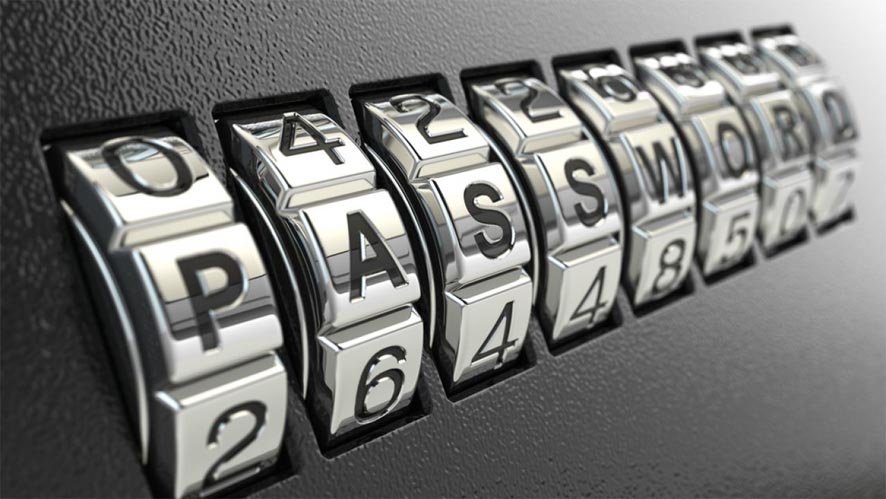How many of your passwords are “password”, “123456” or “qwerty”? And how many of them do you reuse on multiple platforms? These, being the most used passwords globally, can bring a significant risk for their users. As over 80% of data breaches are caused by weak, reused and unprotected passwords, the danger of easy-to-guess passwords is real.
As society became more conscious about safe cyber security practises, password generators quickly evolved into a trend, raising various questions. Cyber specialists will answer 3 most commonly asked questions about the tool.
#1 How does a password generator work?
It is an online tool or a common feature included in password managers. Password generators automatically, within one user click generate a password according to the rules a user prefers.
For instance, the rules can include the length of a password, mixed usage of numbers, special symbols and lower/capital letters. Strong password is the one that complies with at least a few of the rules, or, ideally, all of them.
#2 How to generate a password by yourself?
When signing up to a new account, always use a new, strong password for it and never reuse the old one. Why? Reused passwords leads your data to severe risks such as privacy breaches, stolen data and even financial loss.
No matter if you are new to cybersecurity or have been proficient with it for a while, building the right habits can save you lots of trouble. So how to generate a strong password by yourself?
Follow these steps to generate password manually:
- choose a random word unrelated to you personally (avoid family and pet names, dates and places of birth, or a band you like);
- the length of a password – it is recommended to use from 15 to 25 characters for each password;
- usage of capital and/or lower case letters (cOmpliCAtEd) – try to use both lowercase and capital letters, ideally, use capital in the middle of the password;
- usage of numbers (c0mp1iCAt3d) – include numbers in the middle of the password, exchange some letters into numbers and use at least a few numbers throughout a password;
- usage of special symbols (c*0mp1!C@^t3d#) – these symbols make a password complicated and stronger because people rarely use them.
However, following the rules each and every time you need to create a new randomized password takes a lot of time and effort. Plus, we humans are not as randomized as a computerized algorithm.
Therefore, it simply makes your life easier (and secure!) to leave our password struggles to trusted and secure password generators.
#3 How to recognize a secure one?
There are various opinions whether a user should trust a password generator or not, but these speculations are focused on uncontrolled online third party tools. For instance, a user can never be sure if a random tool he uses tracks each generated password and saves it, or not.
Therefore, cybersecurity specialists always strongly advise people to use only those generators that are included as a feature in highly secured password managers.
The advantage of using such is that password managers encrypt your data (convert into a hashed code, inaccessible by hackers) so they do not keep your generated password online, that is, your strong password cannot be accessed by any unauthorized party (see the example of such recommended password generator). The best part is, that you can simply forget the need to remember your new strong passwords as you can then safely store them in a password manager itself.
Therefore, secure online presence doesn’t require hard and complicated practises at all. It is just important to find the tools that would help you build the right habits on time, before a major cyber attack happens. And now you know at least one more.
